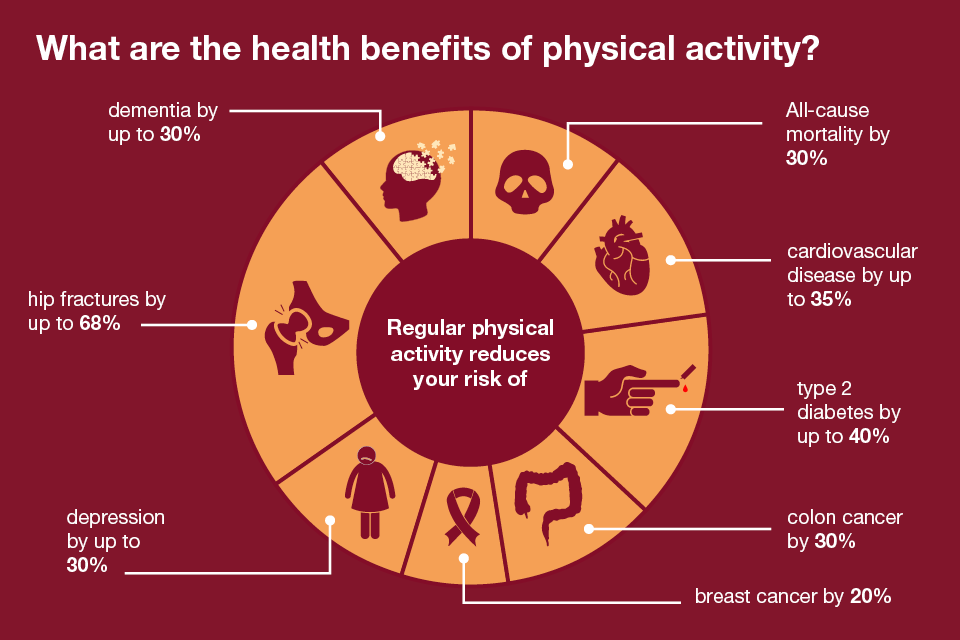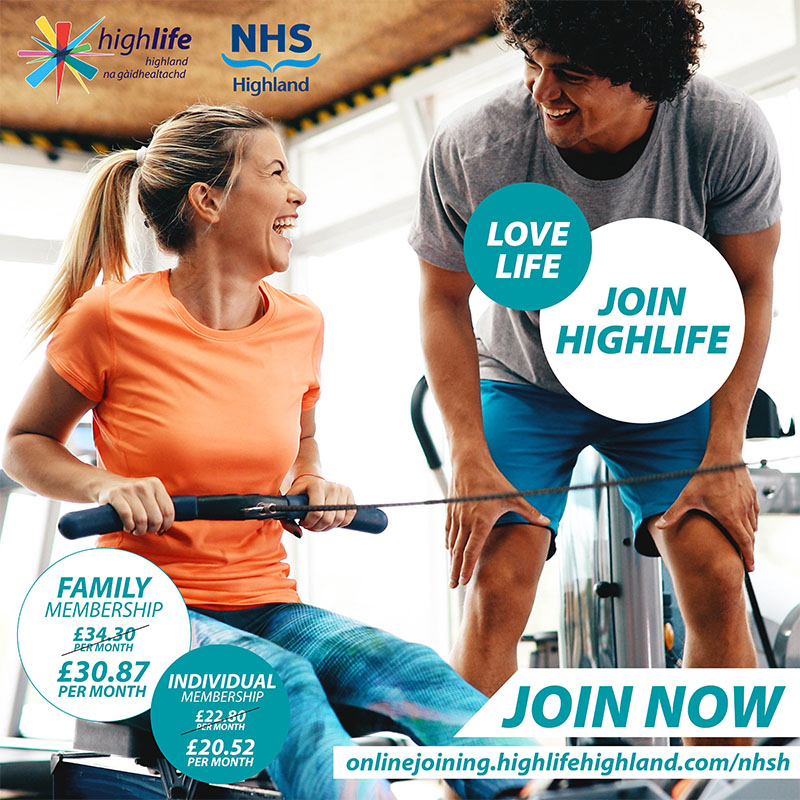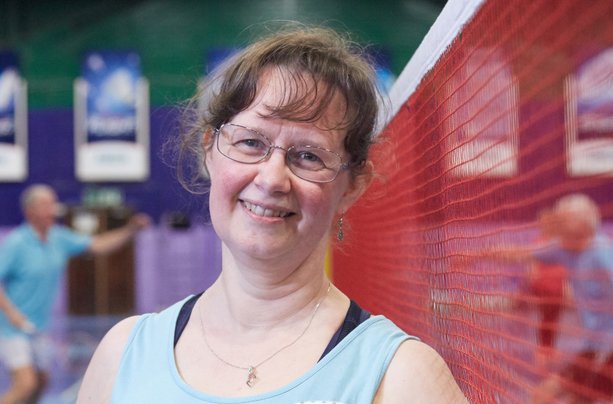Positive wellbeing can have physical benefits as well as mental. By making simple changes, we can all lower our health risks, which in turn lower our chances of chronic disease.
Physiological reactions in the body to being physically active can have a positive impact on your mental health, energy levels and cognitive function. Also adequate nutrition and hydration is crucial for a physical and mental wellbeing. What we eat and drink can have a significant impact on our risk of disease, how we cope with the requirements of our day-to-day lives, our emotions and how we feel about our wellbeing.
This section of the website contains information, resources and links for a healthy body.
Adult health and weight
A healthy body is one that, whatever shape, size or weight, feels good, has enough energy and can participate in life.
Most people will be at a stable weight. If your weight goes up or down for no reason then this could be cause for concern, and you should see your GP.
Your weight may go up and down from attempts to lose weight. This weight yo-yoing is not good for your health. It is better to be a stable weight by following healthy habits.
A healthy weight is a weight you achieve when you adopt healthy behaviours. These might be things like:
- Improving the quality, variety and amount of food you eat
- Eating in response to internal cues of hunger and fullness
- Recognising emotional eating and doing something different
- Having a social life
- Drinking alcohol within recognised limits
- Doing physical activity which you enjoy
- Building good self worth, self care and body respect
Many people spend a lot of time, effort and money on trying to lose weight. Rather than “dieting”, think of other changes you might like to make. There may be other factors affecting your weight e.g. income, where you live, access to services, medication, family history, weight history, illness, stigma, previous attempts to lose weight. Large people are often stereotyped as not bothering about their health and given other negative characteristics.
Everybody deserves respect, whatever their size, shape, fitness level, health status, eating patterns, etc.
What you eat
- Nourish yourself – you’re worth it!
- Have more vegetables, fruit, oily fish, nuts and seeds
- Try more fibre foods – wholemeal bread, peas, beans and lentils
- Switch to rapeseed or olive oil
- Have less red and processed meat
- Have less sugar and salt
- Drink about 2 litres of water per day
- Based most of your diet on unprocessed foods
- Try new foods when you can
Regular physical activity
- Take small steps to find enjoyable ways of moving.
- Stretching and relaxing your body will help build a sense of vitality.
- Too often the missing ingredient in active living is fun!
How you eat
- Eat when you are hungry and stop when you are full.
- Eat regularly, but avoid grazing.
- Recognise when you are eating for comfort.
- Eat with family and friends when you can.
- Only drink alcohol within the recognised limits.
- Build good self worth, self care and body respect.
- Plan your food and make a shopping list.
- Take time to cook when you can.
- Share recipes and cooking tips with others.
- Be wary of food advertisements and marketing.
What you eat
Another source of information is our Health & Weight page on the NHS Highland website:
Where you can find useful information; such as north Highland’s Well Now programme or you can refer yourself to the Nutrition & Dietetic service.
Please don’t hesitate to get in touch with us if you don’t find what you’re looking for in this section or if you have any questions.
- Val MacDonald (North Highland) – valerie.macdonald1@nhs.scot or 01463 704 875
- Jacqualin Barron (Argyll and Bute) – Jacqualin.barron@nhs.scot or 01631 788 972
Alcohol and drugs
Making health choices around drinking, or using other drugs, can reduce the harm caused by these substances, and improve your physical health and mental wellbeing.
Alcohol
It is recommended adults should drink within the low-risk guidance: up to 14 units of alcohol per week, with several alcohol free days. The following images are examples of what 14 units looks like.

If you’re looking to cut down your drinking, there are three ways you could try:
- Drink on fewer occasions
- Drink fewer alcoholic drinks
- Reduce the amount of alcohol in each drink
For more information about alcohol and units, visit the Count 14 website.
If you’re pregnant, or trying to conceive, avoid any alcohol to keep you and your baby safe from any harm. There is more information about alcohol and pregnancy at this section of Ready, Steady, Baby.
Making a Change is a really useful leaflet that helps to make positive choices about the amount you drink.
For information about alcohol and COVID-19 visit NHS Inform.
Other useful alcohol information can be found at:
Drugs
It’s best to avoid illicit drug use. Drug content cannot be guaranteed by appearance. It can be difficult to determine purity and strength, and therefore potential risks.
If you’re pregnant, or trying to conceive, avoid any illicit drugs to keep you and your baby safe from any harm. There is more information about drugs and pregnancy at this section of Ready, Steady, Baby.
If you choose to use drugs, the following sites are useful sources of information and harm reduction advice:
For information about drugs and COVID-19, please visit the NHS Inform website.
Further drugs and alcohol support
If you need support for your own alcohol or drug use there are lots of options available to you.
Likewise, if you need support because of someone else’s alcohol or drug use there is support available as well:
- Drinkline – 0800 7 314 314. If you are concerned about your drinking you can call Drinkline for advice and support (8am-11pm, 7 days).
- Highland Alcohol and Drugs Partnership – information relating to the Highland area, with signposts for getting help, local information, and other useful links, including Highland Alcohol and Drugs Partnership Directory of Services.
- Highland Substance Awareness Toolkit online resource for young people, parents and carers, and professionals.
- Making a change – a booklet offering practical advice to help you consider your drinking habits.
- Scottish Families Affected by Alcohol and Drugs – supports anyone who is concerned about someone else’s alcohol or drug use.
- We Are With You – get free, confidential support with alcohol, drugs or mental health in one of our local services or online.
- The Dryy podcast – a supportive and motivating community for people who are sober curious, tactical drinkers, 100% alcohol-free, etc. They cover everything from practical steps of going alcohol free, to dealing with events alcohol free and even helpful advice if your partner still drinks. It was created and run by Andy Ramage, Matt Pink and Chrystal Day.
Tobacco
Going smoke free
Going smoke free is the single best thing you can do to improve your health and quality of life however we know it is not always easy. Everyone is different and how you manage going smoke free is individual. There are so many benefits to stopping smoking for you and the people around you.
Smoke free services help thousands of people in Scotland to stop smoking every year. NHS Highland Smoke Free Service have a dedicated team of advisers throughout the area who provide a range of support options to suit everyone who is motivated to quit.
To contact us or for more information, visit the Smoke Free Highland website.
For information about smoking and COVID-19 visit NHS Inform.
Further information on tobacco
Physical activity
Enjoying being physically active is said by some to be the single greatest thing we can do for our health – see this interesting video clip 23 ½ Hours (here’s the Gaelic version). And it’s not just your physical health that benefits: our mental health is hugely supported by being physically active. Regular physical activity has been shown to help prevent and manage over 20 chronic conditions and diseases.

That’s good to know, but the key is finding something active that you enjoy and that fits into your life. Not everyone likes going to a gym, or has the time to go for long walks or cycle rides every day. The most important thing to remember is that any movement is better than none, and then a bit more is better than a little. The recommendations are to build up to a total of 30 minutes moderate activity a day or a total of 150 minutes a week. If you aren’t regularly active, remember to start with any amount at any time, and increase it as you feel fitter.
To get the health benefits, what we mean by moderate is:
- Feeling a bit warmer (maybe taking off a layer)
- Raising your heart rate a little (but not beating out of your chest)
- Breathing a bit harder (still able to hold a conversation but not sing your favourite tune).
Or you might do 75 minutes of intense activity over the week.
Some people like to get time for themselves when they are being active, but some people really need to link up with others to stay motivated. Whatever suits you there are lots of options to try: take a look at:
- High Life Highland
- Live Argyll
- Paths for All Health walks
- Highland Health Sports and Social Club at Raigmore Hospital
Active everyday journeys
Many people have busy lives and struggle to find time to be physically active. Bringing in an active component to our everyday journeys might be the perfect opportunity. We’re doing the journeys anyway, so finding ways to make them more active gives us all the benefits we were taking about previously.
For some people, replacing some car journeys with walking or cycling is realistic and feasible. Some of our staff have replaced actual cars! But for lots of people the distances in the Highlands means a car is essential. That’s the reality, so we need to look for ways to make habits that bring the activity in. Can you meet another car driving colleague and walk 15 minutes into work together?
NHS Highland has a Cycle2Work scheme for all staff. Some other useful links are:
- Traveline Scotland
- Active Travel page (staff intranet)
- HiTravel Liftshare
Breaking up the day and achieving more
Lots of us have desk-based jobs. We definitely need to remember to move about regularly during the day. You’ll have all heard the ideas, but what can make a real difference is if we work together in teams to support each other and remember to do them! We are more productive, healthier, happier and less likely to suffer the ill-effects of sedentary working lives if we break up the day with physical movement. For example Back Pain (intranet) is a classic symptom of sedentary work lives, and being more active can certainly help with avoiding that.
Using the natural environment
Being active is great, but being active out in the fresh air, or even just spending time relaxing in nature, is fantastic for our body and mind. Highland Green Health Partnership is working to help more people to enjoy the benefits of the outdoor environment. Take a look at this quick animation. It doesn’t have to be a distant mountain or far away loch. We are blessed to have an amazing natural environment around us, and there are little bits of nature scattered all over the place, and all of them can be good for us. Gardens if we have them, local parks; even just taking time to look up to the sky can help us breath better and relax.
Good intentions to good habits
Health at Hand – Scottish Ballet Movement and Breath Sessions for NHS & HSCP Staff.
These 10 and 20-minute pre-recorded sessions can be used to support physical and mental wellbeing.
“A very motivational session, I felt good while doing the movements and my anxiety levels and tight muscles relaxed immediately. Thanks so much for this, it was a great lunch break!“
NHS Hospital staff quote
NHS Highland Corporate Membership for High Life Highland

NHS Highland is proud to announce a partnership with High Life Highland, giving all NHSH staff discounted Highlife Membership.
- Individual Membership: £20.52 per month
- Family Membership: £30.87 per month
For more information on how to join, please visit the High Life Highland website.
Physiotherapy
Physiotherapy, provided by NHS Highland Occupational Health and Wellbeing Service, is available to colleagues experiencing musculoskeletal problems. Self-referrals can be made by completing the online self-referral form (intranet).
Initial assessment will usually be at Broom House, Raigmore (beside the Recreation Hall), with follow up appointments in the main Physiotherapy Department in Raigmore Hospital. If you live or work outside Inverness it will be arranged for you to be seen at your local physiotherapy department. Please indicate your preference on the self-referral form (intranet). When face to face appointments are not possible or required, telephone and Near Me video appointments can be undertaken.
A range of leaflets and resources are also available on the physiotherapy section of the Occupational Health intranet site or call 01463 704 499.

